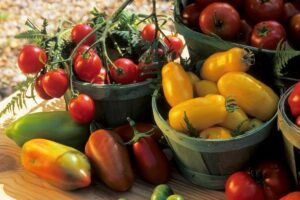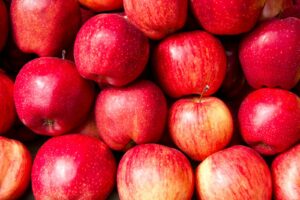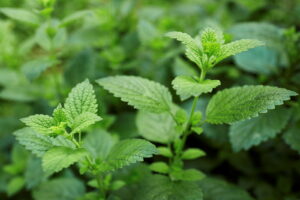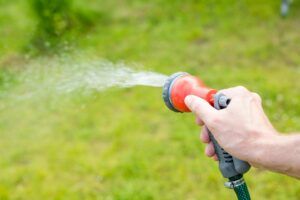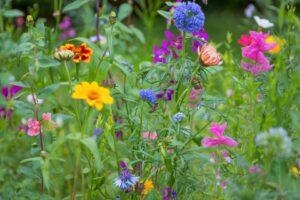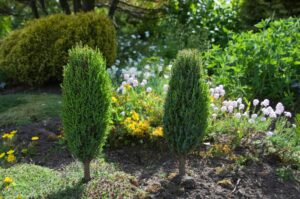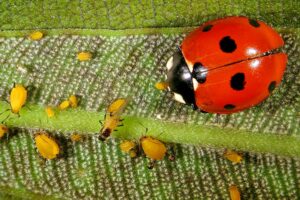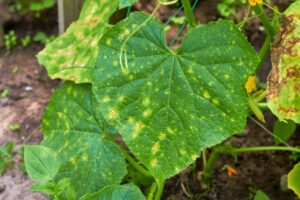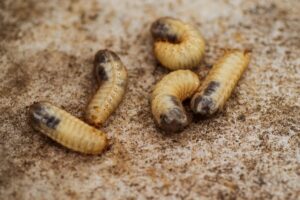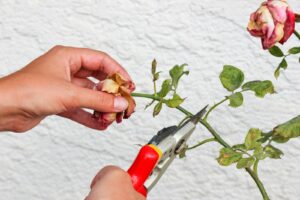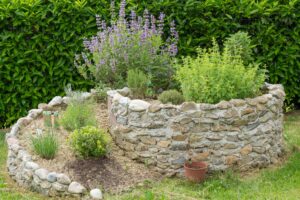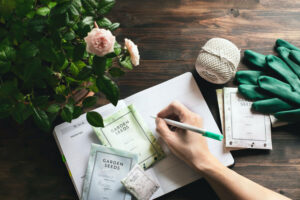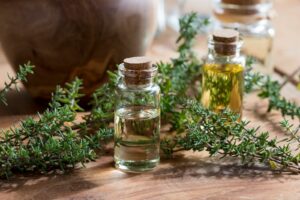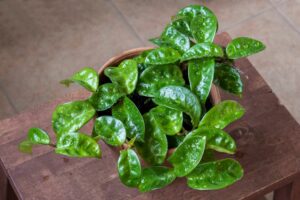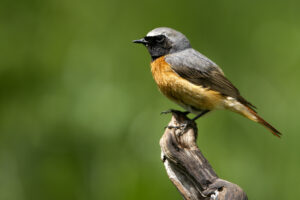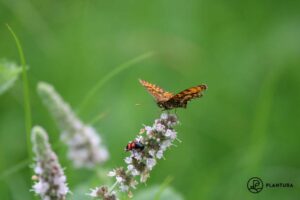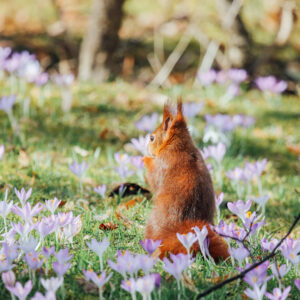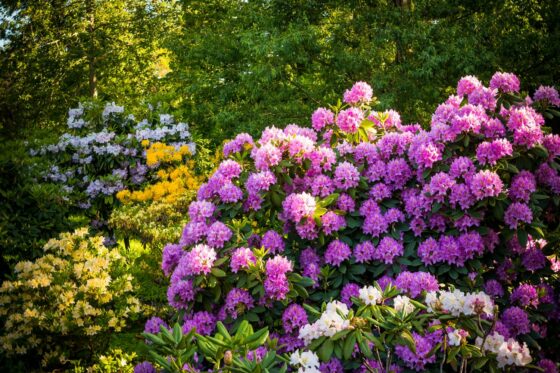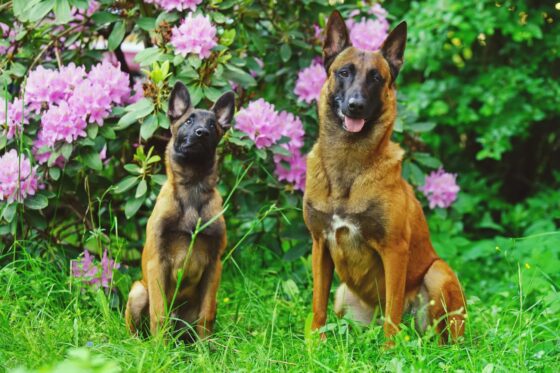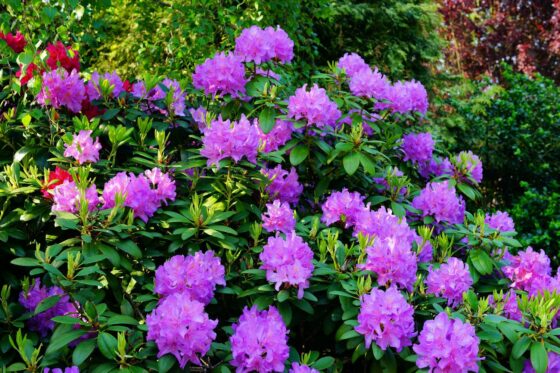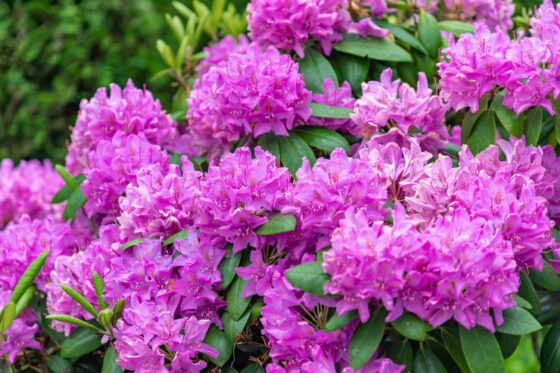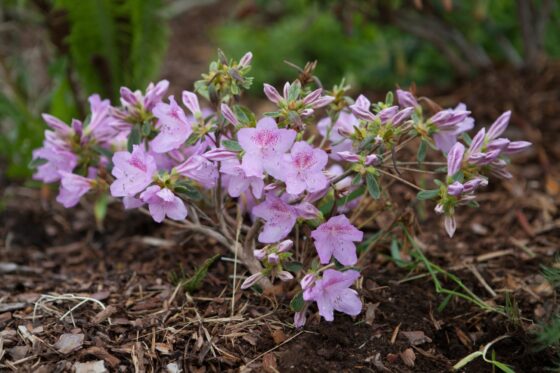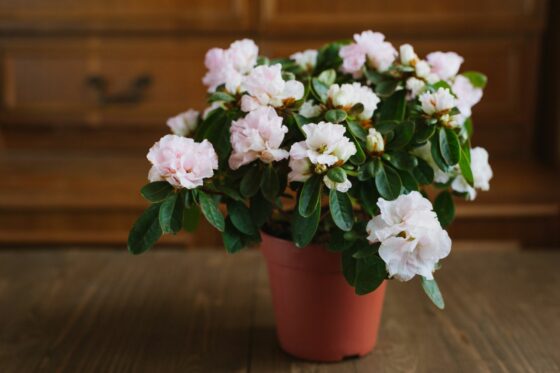Rhododendron soil: properties & benefits
Rhododendrons are actually considered quite easy to care for. However, the right rhododendron soil is essential for them to thrive in your garden.
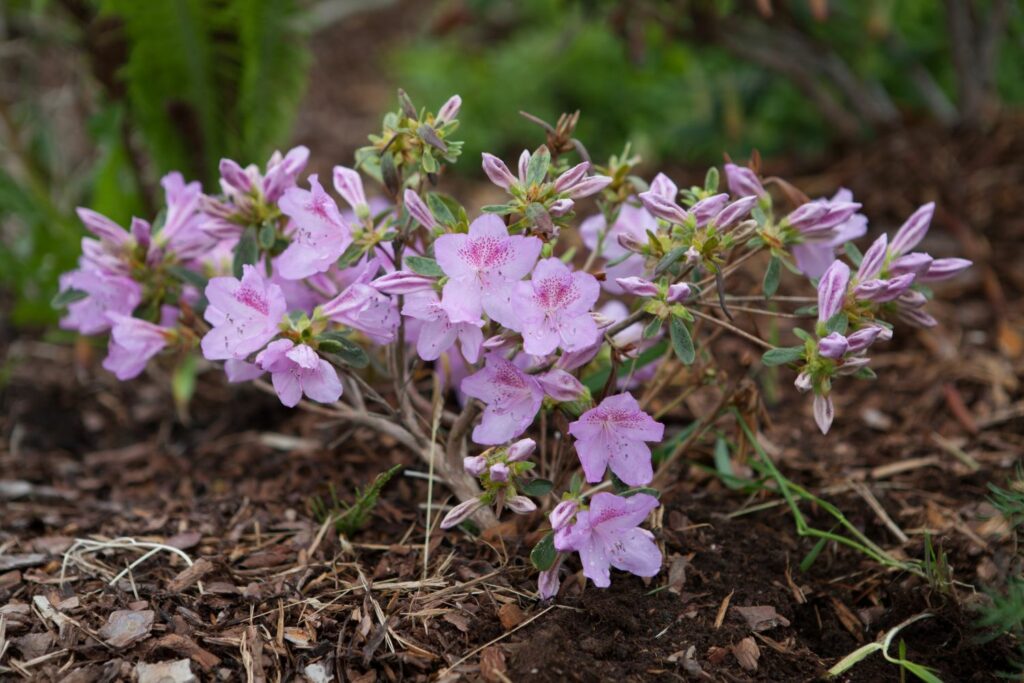
Rhododendrons (Rhododendron) belong to the heath family (Ericaceae) and so, like other bog plants, are sensitive to calcareous soils. In addition, thanks to their evergreen appearance, they have a considerable nutrient content. All this and more should be considered if you want to plant a Rhododendron. Here you can learn all about the properties that good rhododendron soil has, when it is worth buying special soil or how to make your garden soil rhododendron-friendly.
Rhododendron soil: properties and advantages
In order for a rhododendron to feel at home in your garden, it is important to make sure you have the right soil. It is particularly important that the pH value in the soil is correct. Most rhododendrons feel comfortable at a pH between 4 and 5. Not only is the correct pH important, but also the composition of the planting substrate. It should also include nutrients and minerals in a concentration adapted to the needs of your rhododendron. Since the evergreen shrubs have a decent consumption of nutrients, a nice, humus-rich soil should be used when planting. Rhododendrons also have a shallow root system, so the soil should have a good moisture retention capacity, otherwise deeper groundwater will not be reached. Nevertheless, the substrate must be well-drained because your rhododendron does not tolerate waterlogging. Waterlogging here quickly leads to fungal diseases. If the soil is adapted to the needs of your plant, you will be rewarded with optimal growth, impressive flowering and a healthy, hardy plant.
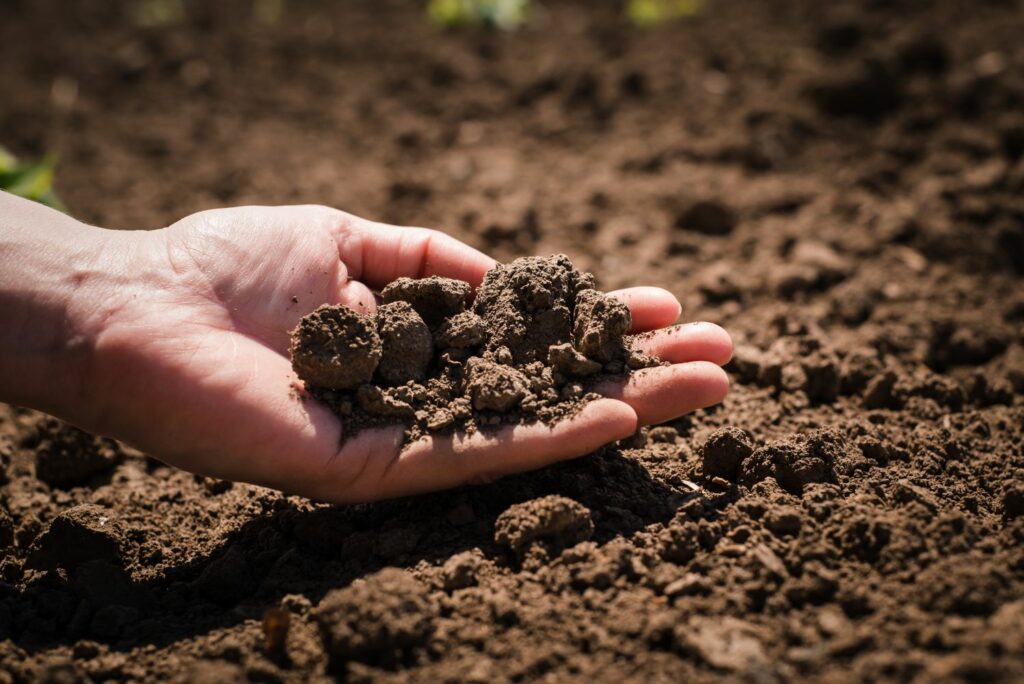
Rhododendron compost: what to consider when buying?
When buying compost for your rhododendron, look for the following characteristics:
- pH value between 4 and 5
- High nutrient content ideally from organic sources (bark humus, humus, guano)
- Good water retention capacity (clay, loam)
- Good permeability to avoid waterlogging and for better ventilation (sand, wood fibre)
All these properties are combined in special rhododendron compost. This provides the optimal conditions for vigorous growth of lime-sensitive plants like your rhododendron as well as azaleas and other bog plants. If you decide to grow them in containers, you should pay particular attention to the quality of the compost used. It is worth purchasing a special compost for this purpose.
In the garden, it is also enough to mix compost into the existing garden soil. This lowers the soil pH and ensures adequate nutrient supply. As a result of the effect on soil pH, you should check it and adjust the amount of compost mixed in so that the pH is about five. Clay can also be mixed in for better nutrient retention in the soil. Heavy soils can be loosened by mixing in sand.
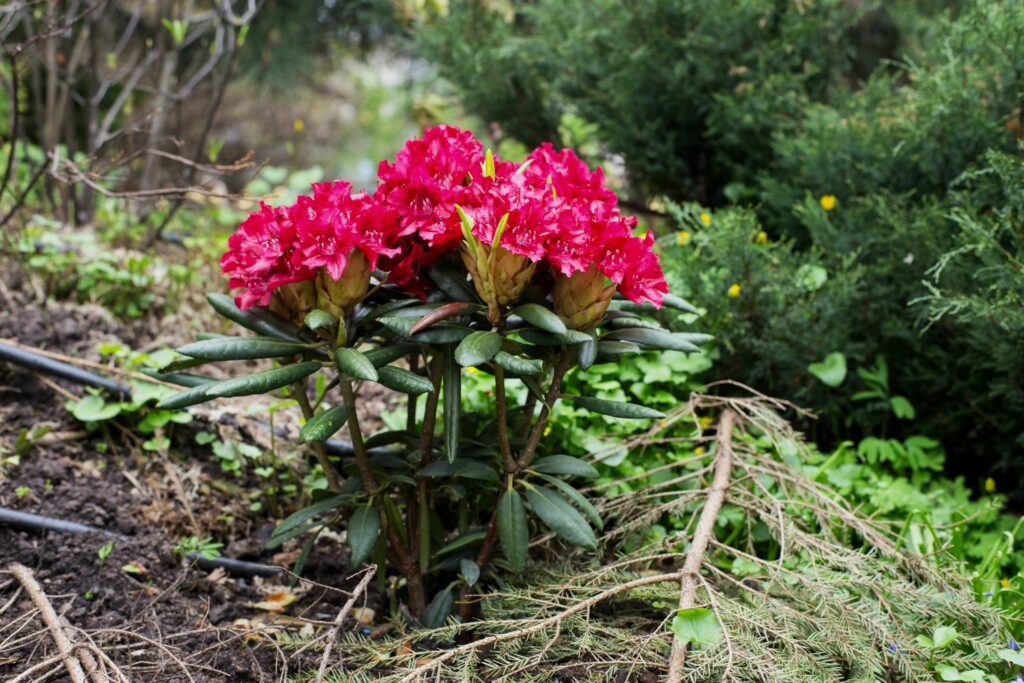
Tip: Since the roots of the rhododendron grow just below the surface, they can be easily injured during gardening. Therefore, apply a layer of mulch around the root zone. This prevents weed growth and additionally keeps the soil pH low.
We have summarised in a special article what you should consider when caring for rhododendrons.
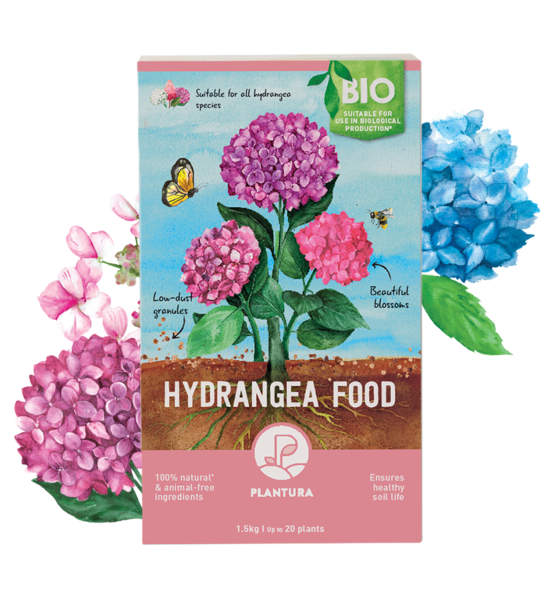
- For beautiful hydrangeas with lush blooms in pots & flower beds
- Prevents common deficiency symptoms & supports healthy plant growth
- Long-lasting fertiliser that is free from animal products - child & pet friendly
